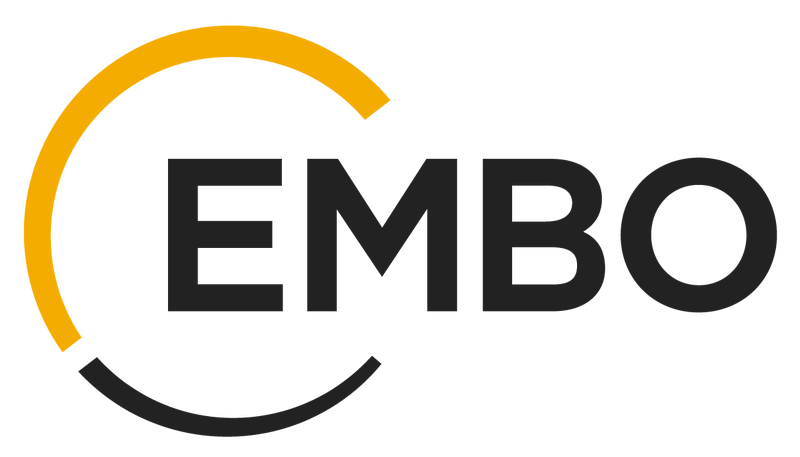The European Molecular Biology Organization offers a range of fellowships, including the EMBO Postdoctoral Fellowship, which provides financial assistance for 2 years, along with benefits such as free leadership and laboratory management courses. To be eligible, applicants must meet certain criteria, including the requirement to move between countries. More information is available on the EMBO website .

Pretext/Motivation: During a visit to the Center for DNA Fingerprinting and Diagnostics (CDFD) on March 1, 2023, I spoke with approximately 30 PhD students who have either submitted or are about to submit their thesis and are actively looking for a postdoctoral position. Many of these students expressed a lack of understanding about the employment process, which can lead to unfair hiring practices such as offering a lower stipend or not providing a full employment contract. As I have gone through the whole process of applying and securing the European Molecular Biology Organization (EMBO) fellowship, I could share my experience with the to-be postdoctoral scientists.
When applying for an EMBO Postdoctoral Fellowship, it is important to write a well-structured proposal that aligns with the research interests of the host lab. This often involves collaborating with the lab to incorporate their unpublished or preliminary data into the project. Choosing a lab with a different area of expertise or technology can be beneficial for both the PhD student and the host lab, as it allows for a more multidisciplinary approach.
To improve the chances of success, it is advisable to discuss the proposal with the host lab colleagues and seek feedback. The PhD supervisor should also be one of the references. When choosing a host laboratory, students should consider factors such as the lab's publication record, research focus, and collaboration history. By following these guidelines, students can increase their chances of securing an EMBO Postdoctoral Fellowship and advancing their research career.
-written by Santosh Kuncha
AI generated tips
Here are some tips for writing a successful EMBO postdoctoral proposal:
- Identify a research area of interest: Choose a research area that aligns with your expertise and interests. This will help you to develop a strong research question and proposal that you are passionate about.
- Research potential host labs: Identify potential host labs that align with your research interests and have published papers in your chosen research area. It is also important to look for labs with a strong track record of successful collaborations and a supportive environment for postdoctoral researchers.
- Contact potential host labs: Reach out to potential host labs and introduce yourself, expressing your interest in their research and your desire to collaborate with them. This can be done via email or in person at scientific meetings or conferences.
- Develop a proposal: Once you have identified a potential host lab, work with them to develop a proposal that aligns with their research interests and expertise. This should include a clear research question, hypothesis, methodology, and expected outcomes.
- Highlight your contributions: In your proposal, highlight your unique contributions to the project and how your expertise will complement the host lab's research. This will demonstrate that you are a valuable addition to the research team.
- Address potential challenges: Be sure to address any potential challenges or limitations that may arise during the project and provide strategies to overcome them. This will demonstrate that you have thought critically about the project and are prepared for any potential roadblocks.
- Seek feedback: Seek feedback from your PhD supervisor and colleagues, as well as the potential host lab, to ensure that your proposal is clear, concise, and meets the expectations of the fellowship program.
By following these tips, you can develop a strong EMBO postdoctoral proposal that highlights your unique contributions to the research team and aligns with the fellowship program's expectations.

Add comment
Comments